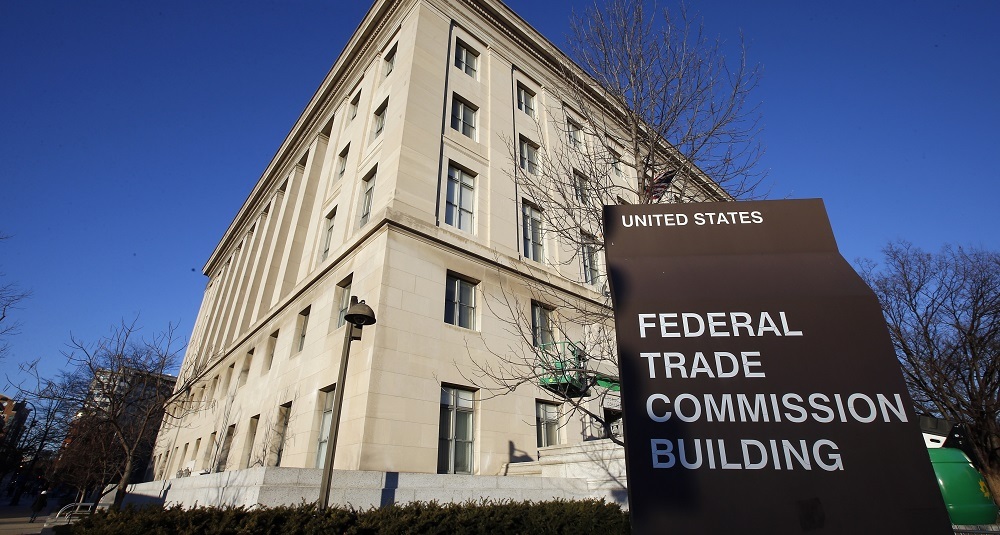
The Federal Trade Commission building in Washington, D.C. (AP Photo/Alex Brandon, File)
While there is some skepticism as to whether it will survive the immediate legal challenges it faces, employers should take steps to prepare for the possibility that the comprehensive federal ban on new noncompete agreements recently announced by the Federal Trade Commission becomes a fact of life.
The FTC’s final rule, announced on April 23, adopts a comprehensive ban on new noncompetes with all workers, including senior executives, on the basis that they constitute an unfair method of competition in violation of Section 5 of the Federal Trade Commission Act.
Existing noncompete agreements with senior executives, defined as corporate leaders holding policy-making positions and making at least $151,164, would remain effective once the rule takes effect. But with other employees, employers would be required to send notices, informing them that the noncompete agreements they may have signed are null and void.
If left undisturbed, the rule would take effect 120 days after it is published in the Federal Register, meaning it would become effective on Sept. 4.
However, at least three challenges to the rule have been filed in federal court, with the judge in one of those cases issuing a scheduling order that seeks to ensure that at least one of those challenges is fully litigated before the rule takes effect.
That case, Chamber of Commerce of the United States of America v. Federal Trade Commission, was filed in the Eastern District of Texas on April 24, one day after the global tax services firm Ryan LLC filed suit in the Northern District of Texas.
A day later, ATS Tree Services, LLC, a tree service company based in Perkasie, Pennsylvania, filed a similar suit in the Eastern District of Pennsylvania.
In the Chamber of Commerce case, the government on April 30 filed a motion asking the court to limit the plaintiffs to litigating on behalf of only those members whom they have specifically identified and who have given them authority to do so, rather than millions of anonymous members. Alternatively, the Biden administration is asking to transfer the case to the Northern District of Texas under the first-to-file rule.
If U.S. District Court Judge J. Campbell Barker does not amend his scheduling order, briefing in the Chamber of Commerce case will be complete by June 19, with a hearing on preliminary relief and summary judgment and possibly a consolidated bench trial soon thereafter.
“That should allow prompt resolution of the case with sufficient time, before the rule’s effective date, for any desired appellate review,” Barker wrote in his scheduling order.
Neither the nature of the final rule — the draft rule proposed in January 2023 had the same main thrust — nor the immediate legal challenges are a surprise, attorneys say.
As a result, the thinking about how to adapt to a noncompete-free world began long ago, with the final version of the rule merely reemphasizing the importance of taking advantage of other alternatives, like trade secret laws and non-disclosure agreements.
 New England Biz Law Update
New England Biz Law Update
